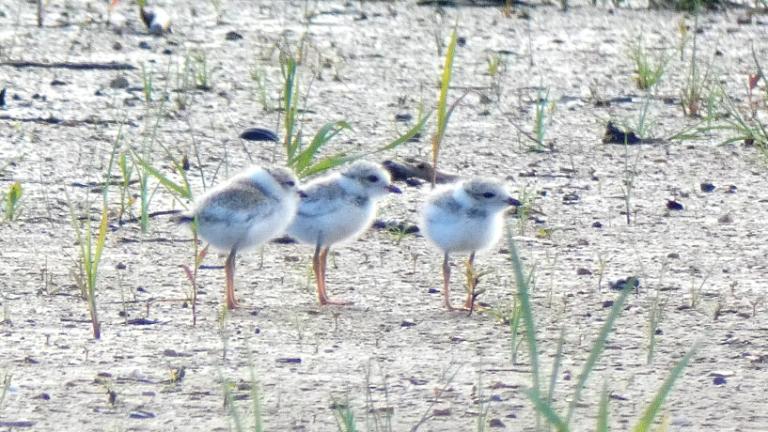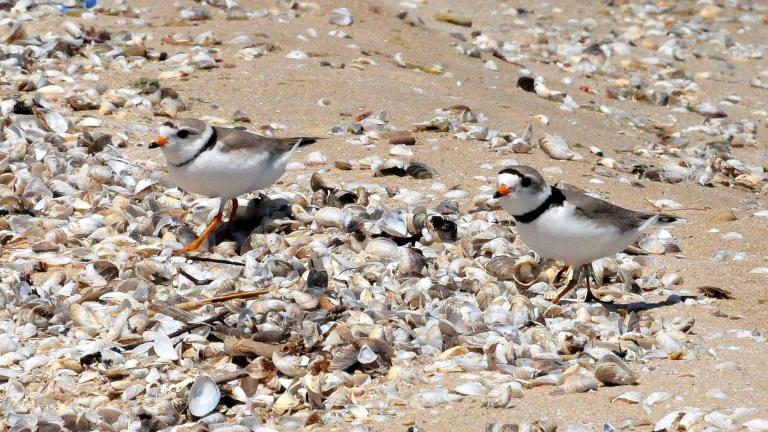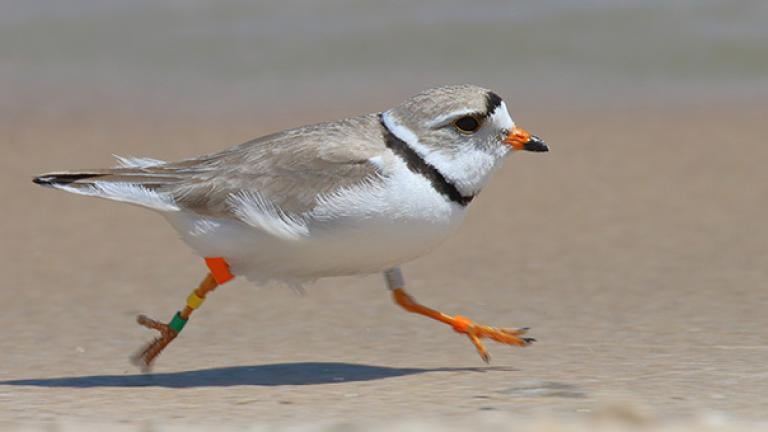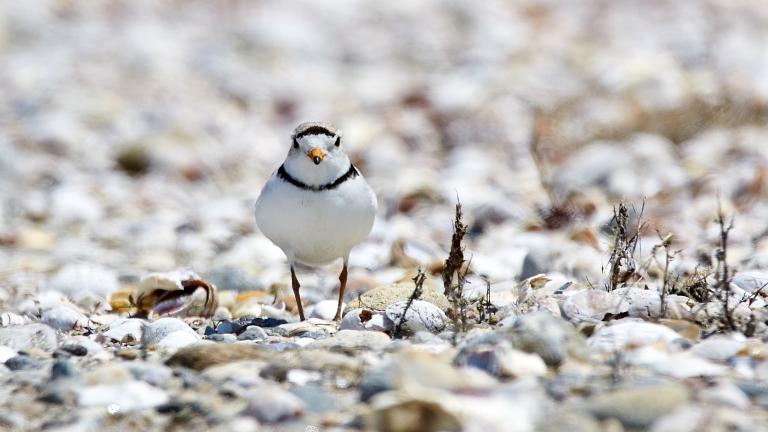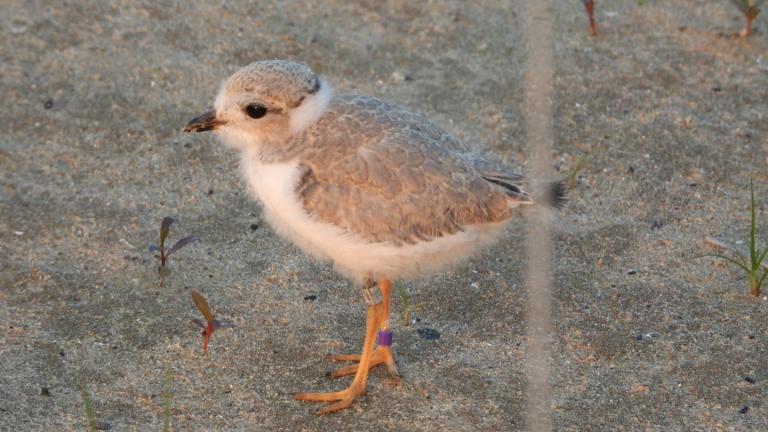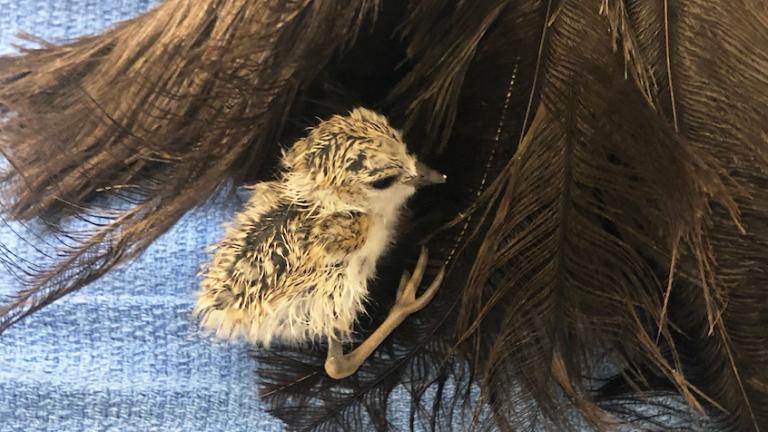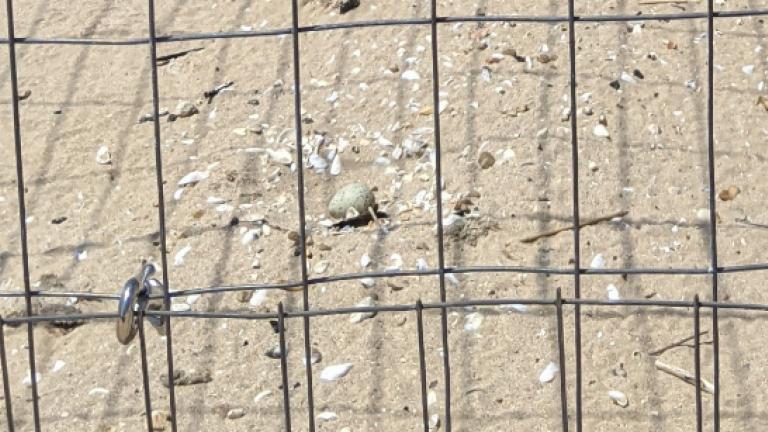A week after suffering the devastating loss of Monty, one half of Chicago’s beloved piping plover power couple, the city’s birding community has cause for celebration: One of Monty and Rose’s 2021 chicks has been positively ID’d on a beach in Duluth, Minnesota.
Piping Plovers
In a brief announcement on social media, news was shared Friday evening by monitors that Monty the piping plover has died.
The enthusiasm for the beloved duo is heartwarming but it’s also overwhelming and potentially dangerous for the birds, according to plover monitors. People should keep a distance of at least 30 feet from the plovers.
Monty the piping plover has once again seemingly defied physics and returned to Chicago a mere day after reportedly leaving his wintering grounds in Texas.
Piping plovers are winging their way north and one has already been spotted at Rainbow Beach. Word is that Monty could be en route to Chicago.
One of Monty and Rose’s grand-chicks, which hatched this summer in Ohio, never migrated south. The plover will spend the winter being cared for at the Detroit Zoo.
The patriarch of Chicago’s piping plover family was seen taking off from Montrose Beach on Saturday morning and was spotted at his winter home near Galveston, Texas, a mere 53 hours later.
The newest members of Chicago’s growing piping plover family have names. Meet Siewka (pronounced Shivka), which is the Polish word for “plover,” and Imani, the word for “faith” in Swahili.
The big reveal will take place at a beachside ceremony with representatives from the Chicago Piping Plovers Team and members of its name-selection committee. Find out how you can tune in virtually.
The full-length documentary captures the story of Monty and Rose from their hatching in 2017 to their status as standard bearers for piping plover conservation efforts.
Two days after welcoming three healthy chicks, Chicago’s beloved piping plovers added a fourth hatchling to their growing family, thanks to a little help from wildlife officials.
Chicago’s indomitable piping plovers have welcomed three chicks, with a fourth still possibly on the way, plover monitors have reported.
While they await the arrival of their own chicks, Chicago’s beloved piping plovers have just become grandparents — four times over.
Just a week after losing their first nest to a skunk attack, Monty and Rose have produced a second nest and laid one egg, the Chicago Park District announced.
The latest chapter in the saga of Chicago’s beloved plovers, Monty and Rose, is a sad one, with wildlife officials reporting the couple’s 2021 clutch of eggs has been lost to a skunk attack. Plover monitors are hopeful the couple will build a second nest.
Surveillance cameras recently captured images of a mylar balloon bumping up against the nesting site of Chicago’s beloved pair of piping plovers. Wildlife advocates have long been critical of such inflatables and the dangers they pose to birds and other animals.


